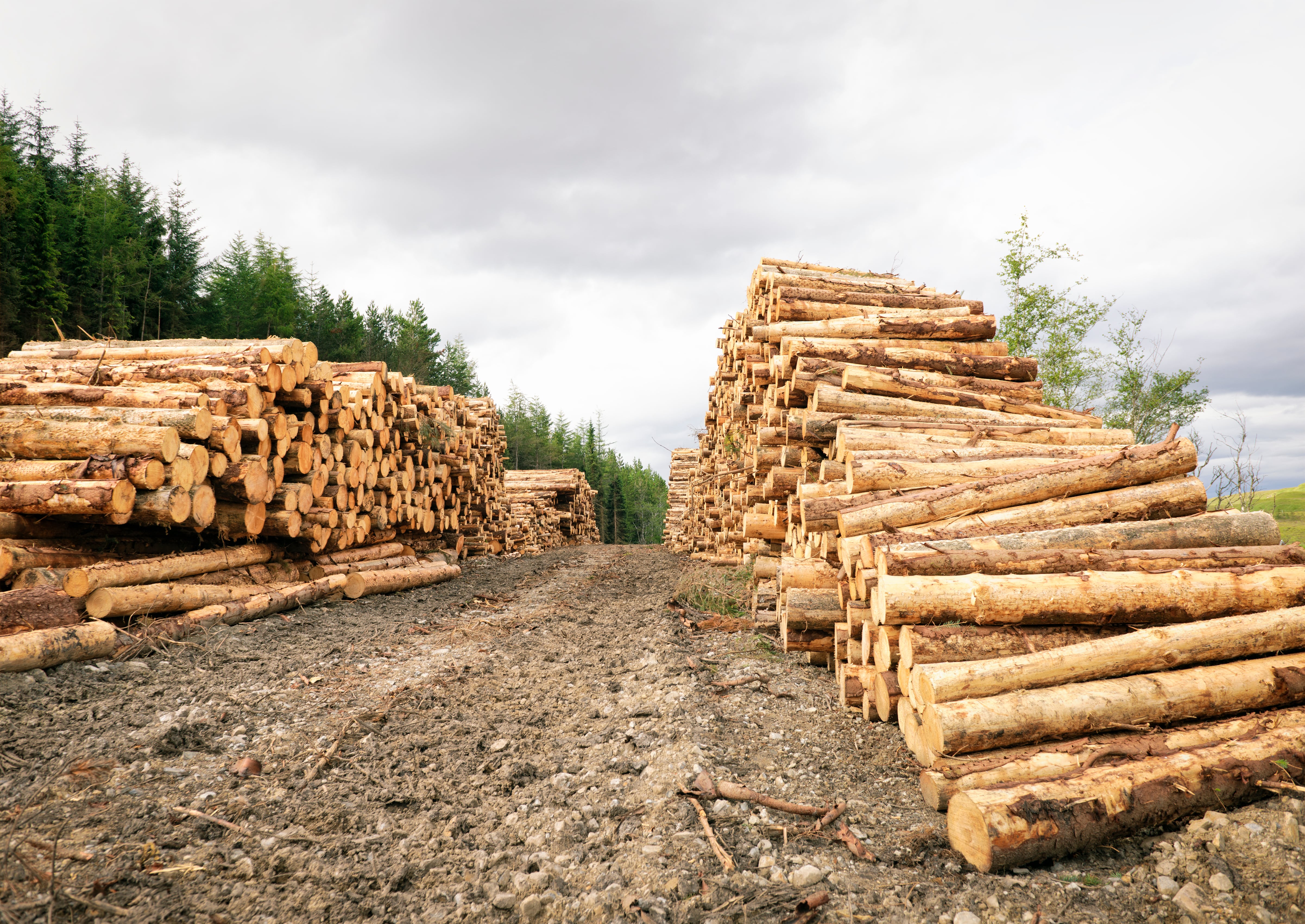The European Union Deforestation Regulation (EUDR) is anticipated to come into force at the end of this year.
Not everyone is a fan. Much of the legislation’s opposition has centred around the idea that it will impose burdensome compliance costs on industry.
A new report from the consultancy Profundo explores how much these costs could be, and importantly, how they could affect the price of the end consumer product.
What does compliance involve?
EUDR compliance is a complex process involving the collection of information, documents and data from relevant suppliers about the commodities in question, and the analysis and verification of said data.
Companies must first and foremost check whether these commodities were grown or produced on land which was subject to deforestation or forest degradation, and that it was made in accordance with local laws. Products made with more than one geolocation must be checked for all of those geolocations.
Companies must then adopt risk mitigation if necessary.
How much will these measures cost?
The report calculates how much these compliance steps will cost by interviewing geolocation data companies, looking at predictions from the European Commission, and consulting previous studies on due diligence, such as one by WWF and one by the think-tank Chain Reaction Research.
Based on these parameters, the report looks at twelve companies of varying sizes and revenues, predicting compliance costs based on their reported volumes of imports.
The report predicts that they will spend on compliance an average of 0.1% of revenues, 1.45% of operating profit, 1.89% of net profit, 4.33% of employee costs, and 58.77% of the remuneration of top management.
By some measures, costs are significantly greater for SMEs – an average of 0.17% of revenues compared to 0.06% of large companies and personnel costs of 3.7% for large companies versus 5.28% for SMEs.
However, it’s worth baring in mind that as a percentage of operating profit (0.92% for SMEs compared to 1.71% for large companies) and net profit (0.91% for SMEs versus 2.38% for large companies) SMEs come out on top.
“Many of these [smaller] companies have quite good profit margins,” explains Gerard Rijk, who wrote the report.
Looking into each company, it predicted that, for example, Barry Callebaut will spend around 0.04% of its revenues per year, and 0.01% on compliance costs, based on the parameters for large companies. This would be around 0.05% in a total year.
For Bunge, another large company, this would be 0.03% of revenues on ongoing costs.
For Touton, a cocoa processor, costs are slightly higher. With lower revenues than Barry Callebaut but still within the range of ‘large’ companies, set-up costs would be 0.01% of revenues and yearly costs would be 0.08%.
In the case of a much smaller company, Brazilian meat importer Frostmeat, set up costs were still 0.01% of revenues, but ongoing costs were calculated as 0.253%.
The collecting of geolocation data for commodities is, in some instances, calculated as a part of ongoing costs, Rijk explains, rather than set-up costs, due to the fact that suppliers may change.
Buying certified commodities, such as, for example, RSPO-certified palm oil, has the potential to save on compliance costs. But, points out Rijk, only if the data provided by the certifier is acceptable for the European Commission.
Compliance with the EUDR “will help your share price, because it helps your reputation”, he says.
How will these costs affect consumers?
Of course, it is often the case that when companies incur extra costs, they are, over time, passed on to consumers.
EUDR compliance could, in theory, increase prices for consumers as well as companies.
According to the report, however, this added burden, while not non-existent, may not be highly significant either.
To calculate, the report worked out how significant a proportion the EUDR-compliant commodity would make up of the final product.
From this, it found how significant a price increase compliance would impose on the product.
Cocoa would increase the price of chocolate by 0.007%, coffee would be increased by 0.018%, and palm oil would increase the price of its product by 0.006%. The price of beef would be increased by 0.066%, and soy-fed cow milk by 0.001%.





